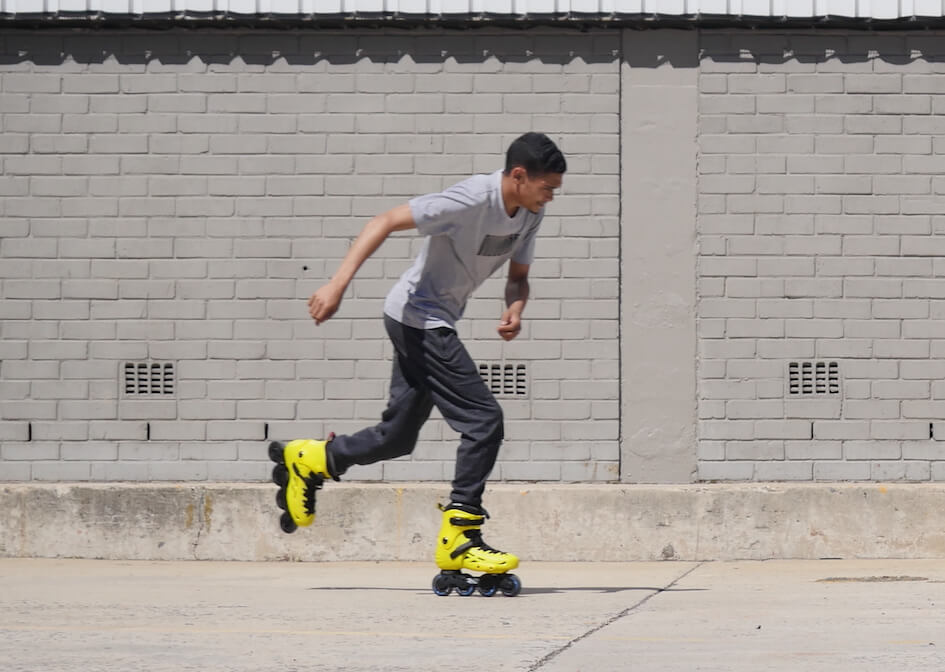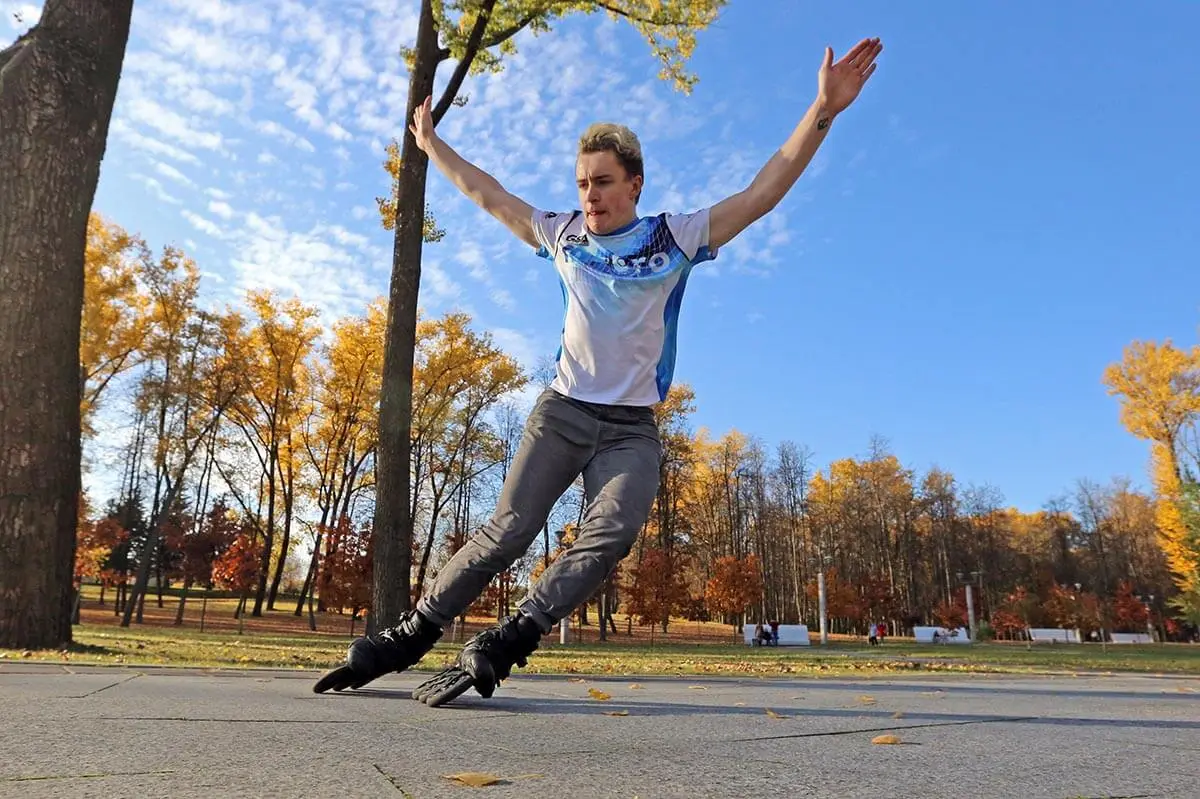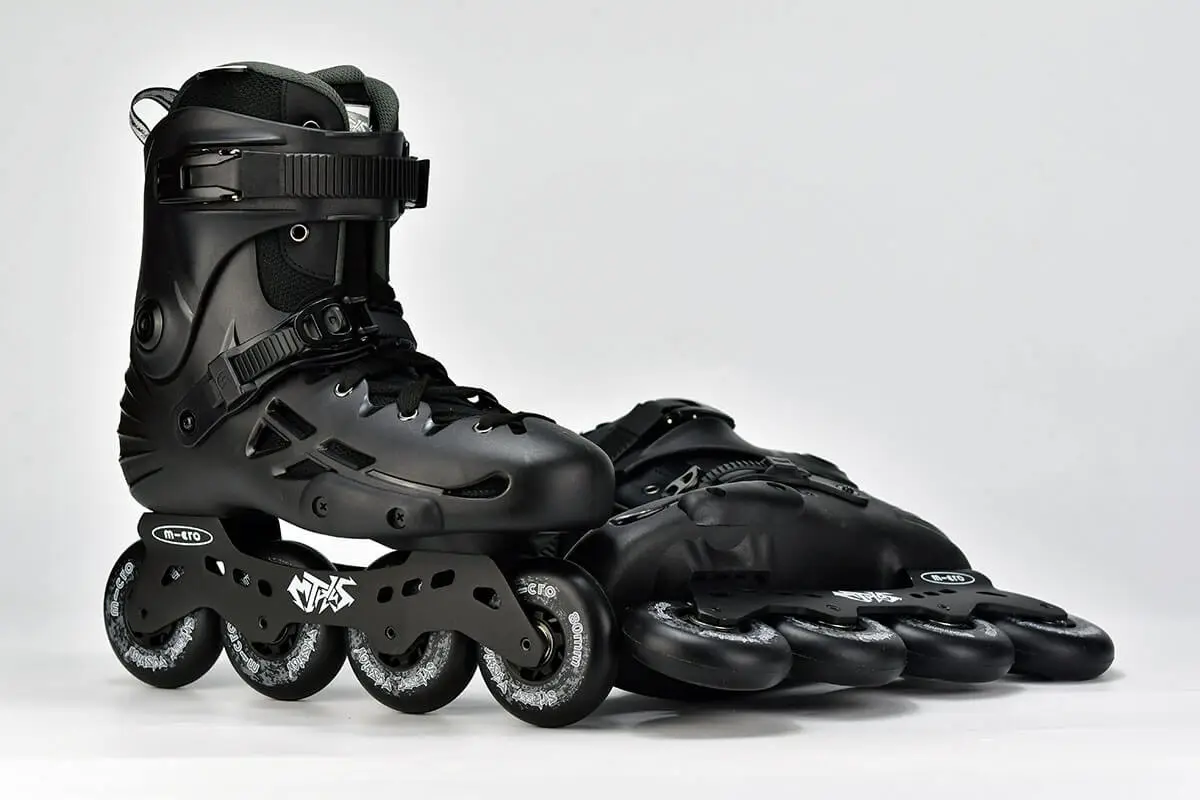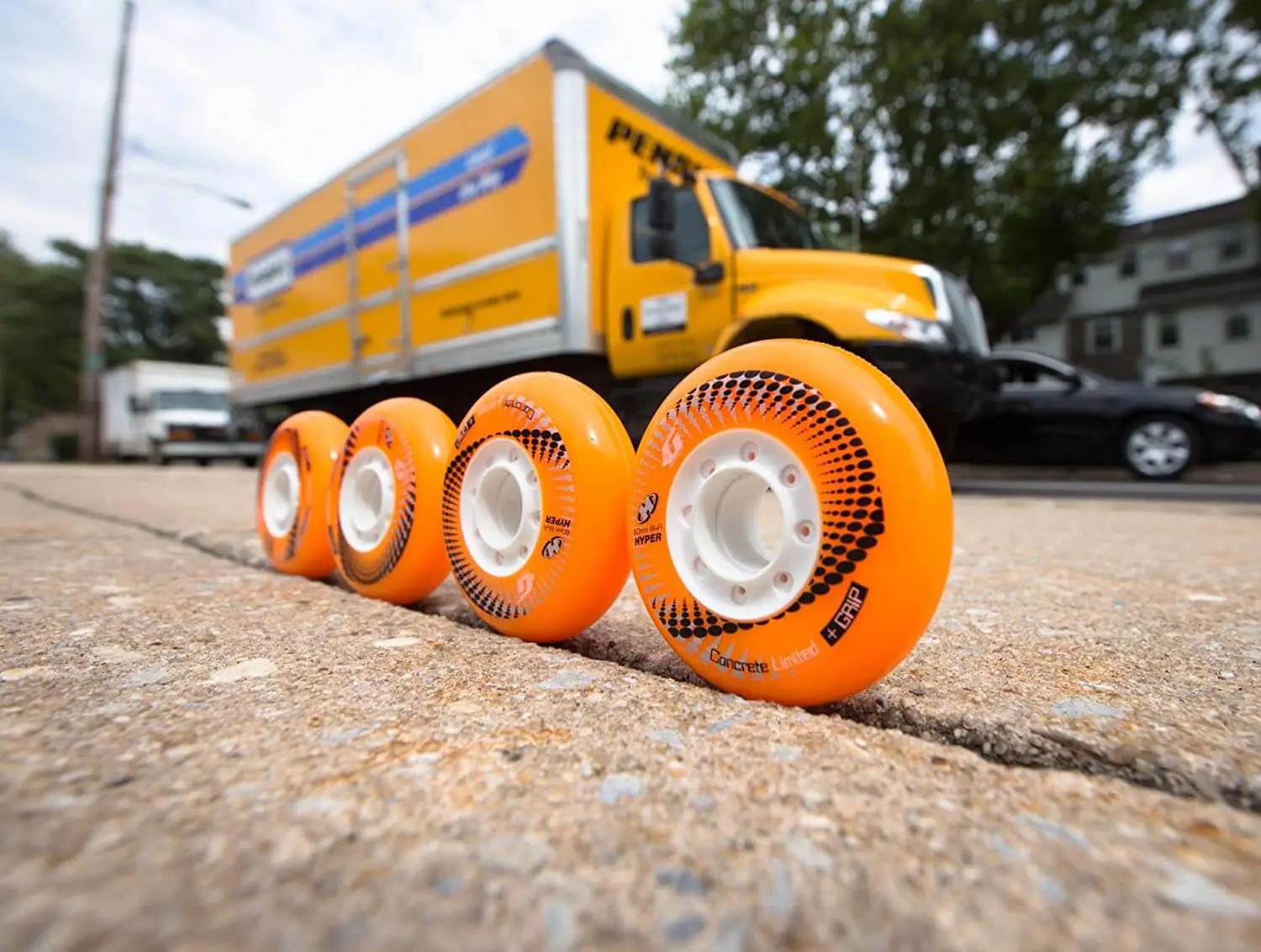How to choose freeride skates?

Let us help you choose the PERFECT Free ride Skates!
At the inmove warehouse we offer a variety of free ride skates to choose from. For beginners, the most popular freeride skates are the FR Skates FRX 80, Micro MT-Plus, and FR Skates FR1 80. Each has its own unique style, colors, and great aesthetics, they all offer very similar results. All of the freeride skates can be used for recreational, city/urban, basic slalom, wizard skating, slides, and jumps.

All of the free-ride skates offer great cuff support which is important for beginners to have as stability is very important when learning to skate. These freeride skates are all made of a hard plastic shell which means more no matter how many falls you may take, the boots will be long-lasting and protect your foot at all times. That is why we choose Micro and FR Skates, cause these brands offer the best support for city skating.
The aluminum frames are as lightweight as they can be and will maintain stability and maneuverability to give you a smooth and safe ride even at high speeds. The stock wheels that come with the free-ride skate setups are a lot more durable when compared to any fitness skate. The smaller wheelbase will keep you as low to the ground as possible.
Freeride skates make it easy to learn even the basics such as simple stunts like jumps and slides. These freeride skates have a fastening mechanism that makes it safe and gives added support when performing these stunts. Speed skates or fitness skates do not offer the same support as freeride skates do as fitness skates typically have a soft boot with a lot more flex to them.

Body weight is also a huge determining factor as to what type of skate you decide to go with, if you weigh 220 lbs or more, it is highly recommended to pick free rides skates with a hard shell over rollerblades with a soft boot. The reason is that city, slalom, and wizard skating all require you to be maneuverable in order to be able to change directions quickly, or dance while skating slalom around cone setups. The free-ride skate offers both the maneuverability needed while still offering comfort and support.
Now let’s talk about bearings and wheels as these are also important and determining factors. Bearings are the component that gives you a smooth spin on your wheels and also adds the speed needed to free-style skate. With bearings, you need to be aware that they are not meant to be used in wet or humid environments as this can cause them to not function to their full potential. Sand and dirt can also affect the way your bearings work but this does not mean you can’t have some fun and tackle all the elements while enjoying your ride! Some bearings can be cleaned and easily serviced to get them back to their original state.
Bearings are measured on an ABEC scale to define the precision of a bearing. ILQ bearings are another brand but not the standard bearing, they have 1 ball less than ABEC. They are not necessarily an all-around bearing as they are less for jumps and more for speed, nothing will happen during jumps but are more geared toward achieving those faster speeds. The number of ILQs is the same standard as on ABEC. In a nutshell, the higher the ABEC rating, the less rolling resistance, which makes your wheels rotate faster.

There are many options for wheel size and wheel hardness which will help you customize your ride to how you see fit for your style of skating. The most common wheel size used for urban skates/free-ride skates are 80mm wheels, you can also go smaller or bigger. 90mm wheels are a great size to use when urban/city skating as they roll over cracks and unleveled surfaces with ease.
The smaller the wheel setup, the more maneuverability you have but comes with a sacrifice of less speed. Bigger wheel setups offer faster top speeds but come with a sacrifice of being slightly less maneuverable. 83-86A is the typical hardness used in freeride skates. Harder wheels are better for concrete/asphalt where the wheels are pushed a lot sideways during sharp turns and high speed. With soft wheels, the risk of the wheels braking is high. Softer wheels are suitable for sports arenas with lacquered wood flooring, where you need a better grip to avoid slipping.
